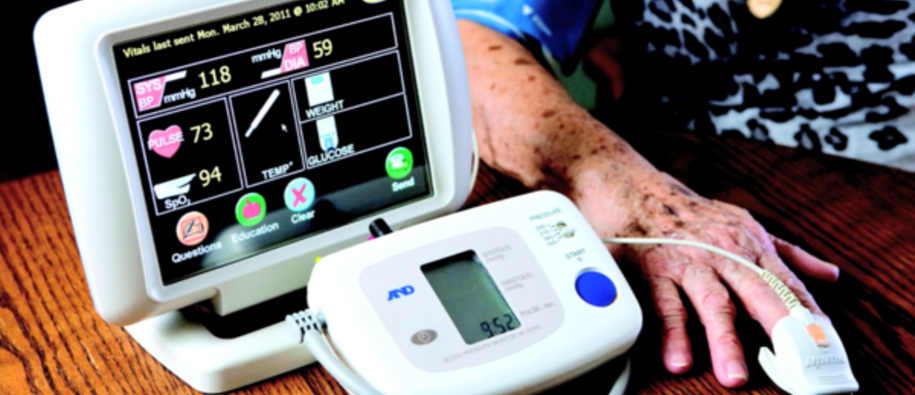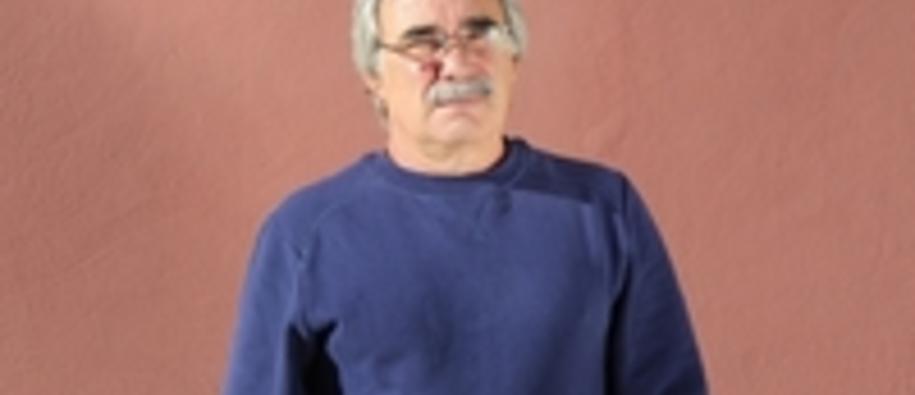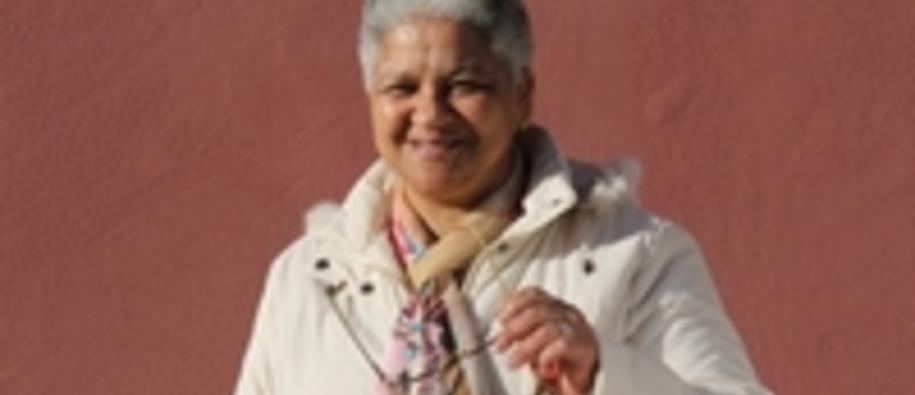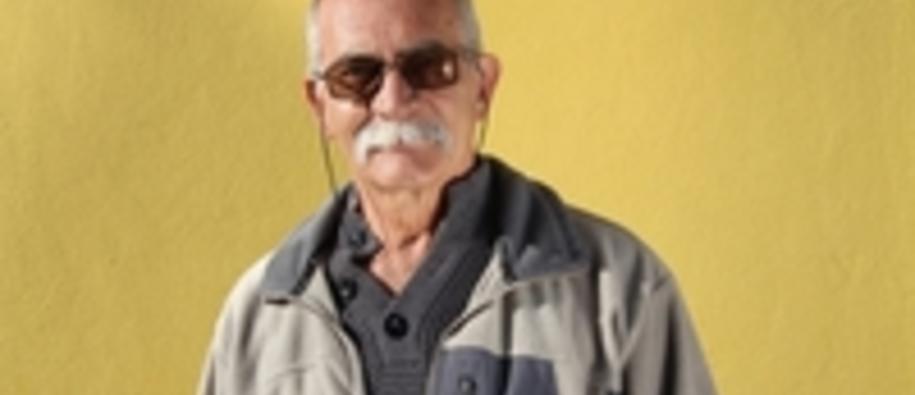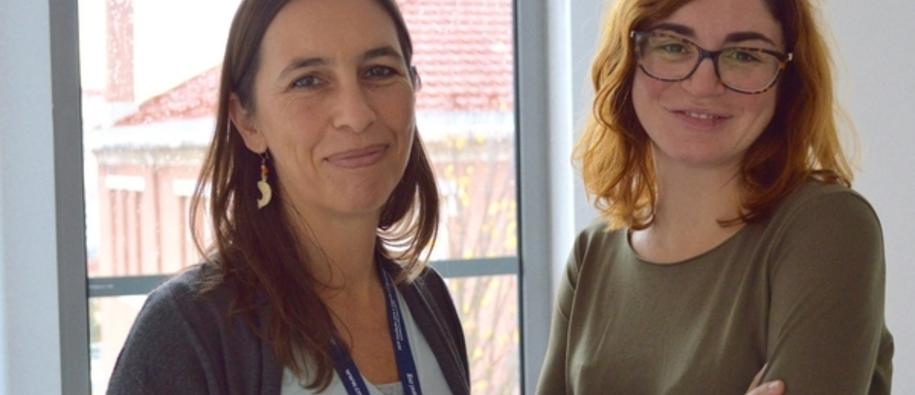These are the words of Professor Helena Canhao, promoter for the project 'ProFooSe' - Promoting food security in Portugal - that aims to increase knowledge on unhealthy food.
Helena uses the term "unsafe food" to describe the problems of modern life eating, but stresses that the expression embraces so much more than the level of bacteria.
"There are three aspects of food insecurity: The social and economic part - bad habits because of poverty; the preparation part – a lot of people don’t know how to prepare healthy food; and the lack of time to have a proper meal, which is a problem across society. Food insecurity is about lack of information about what to eat to gain enough energy,” says Professor Helena Canhao
Vulnerable teenagers and elderly
Studies regarding unsafe food are limited in Portugal. However, a study on the attendees in primary care centres in 2012 showed that 49 % of Portuguese households consumed unsafe food.
“These surprising results needed to be confirmed and explored to accomplish the aim of the National Health Plan, which is to maximize health gains, improve health to all individuals, and reduce inequalities. We collected a substantial amount of new data and are now in the process of analysing it. We are trying to see a pattern,” says Project Manager, Rute de Sousa.
The 'ProFooSe' project intends to improve information on prevalence and socioeconomic determinants of food insecurity in Portuguese households by performing a national based registry. The project also developed an intervention to vulnerable social groups, such as elderly and teenagers with food insecurity, to improve healthy diet behaviour.
“We have collected a representative amount of data and so far the results show 19 percent food insecurity in Portugal within the adult population," says Helena.
Food habits through media
“I learned how I should not mix some types of unhealthy food. This program is essential for the whole country,” says Jorge (67).
He is one of the elderly who joined an intervention programme at home. There were two groups, one representing the elderly and one representing teenagers.
“The aim was to change their diet and encourage them to start exercising. For the elderly, we utilised their television habits, in Portugal, the elderly watch television on an average of three hours per day. We created a new channel especially designed for them, and gave them an interactive remote where we would ask questions and they could answer by using the remote,” says Rute.
“It was fabulous! I lost a few pounds and improved my self-esteem!
I became more agile, I dance easier, and climbing the stairs is much easier,” says Cândida (71).
Through the new custom channel, the elderly were given recipes for healthy diets and advice on exercise. Every day a new theme was presented such as “The water day.”
“Even my five-year-old grandson liked the channel and encouraged me to watch it more often. We watched the gymnastics and the cooking shows together,” says Carlos (67).
The project had a similar approach reaching out to teenagers, using social media instead of television.
“We created a smartphone app in cooperation with a high school. We also engaged people of influence who the youths admire, to talk about the importance of a healthy lifestyle,” says Rute.
'ProFooSe' also created two massive communication plans during the project’s implementation.
“We got a lot of media attention, and there was a strong interest in one of the consequences of food insecurity – the link between obesity and depression. The data shows a pattern: If you are depressed, you often sleep poorly, you drink a lot of alcohol, you usually smoke, and you have a bad diet,” says Helena.
“Great cooperation with Norway”
“We are grateful for the bilateral relation and the funding from Norway, Lichtenstein, and Iceland. This project is an investment; it is the first time this kind of data has been collected in such a representative and large scale in Portugal,” says Helena.
‘ProFooSe’ is financed through the EEA Grants within the ‘Public Health Initiatives’ programme. The project has been achieved in close cooperation with the Norwegian University of Science and Technology (NTNU). The objective is to update the national health registers and health information systems in Portugal, and improve data management.
“The collaborative work with the notable and experienced Norwegian epidemiologic group from NTNU brought us valuable knowledge. The exchange of data between the countries contributed to raising awareness about similarities and differences of patterns and habits. Norway gave us the expertise to develop the national survey and the interventions by using new technologies. In exchange, we taught them how to extend their use of the data. We still communicate,” says Helena.
Read more about the 'Public health initiatives' programme in Portugal

